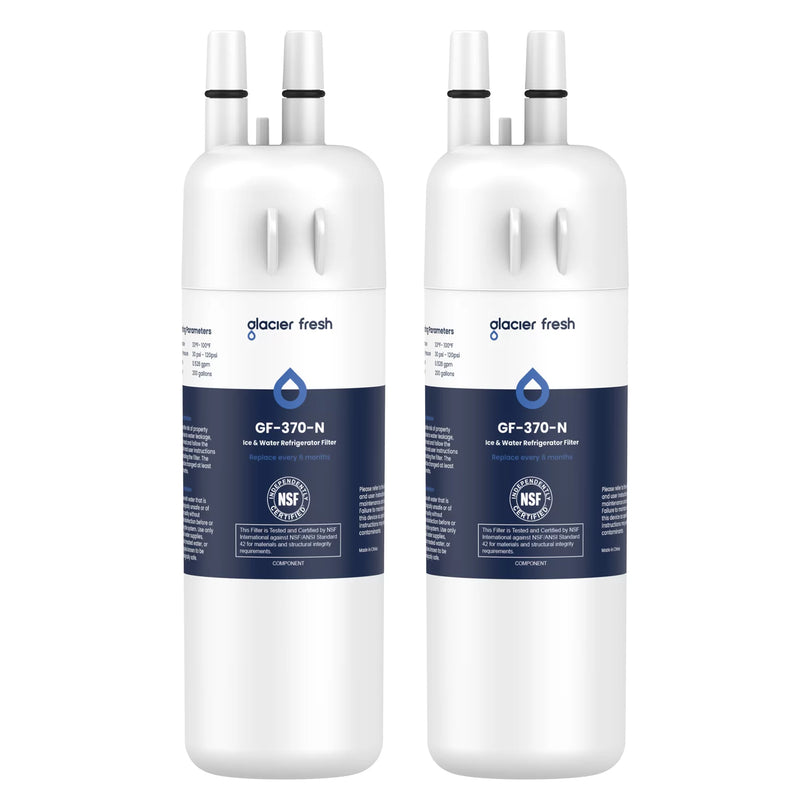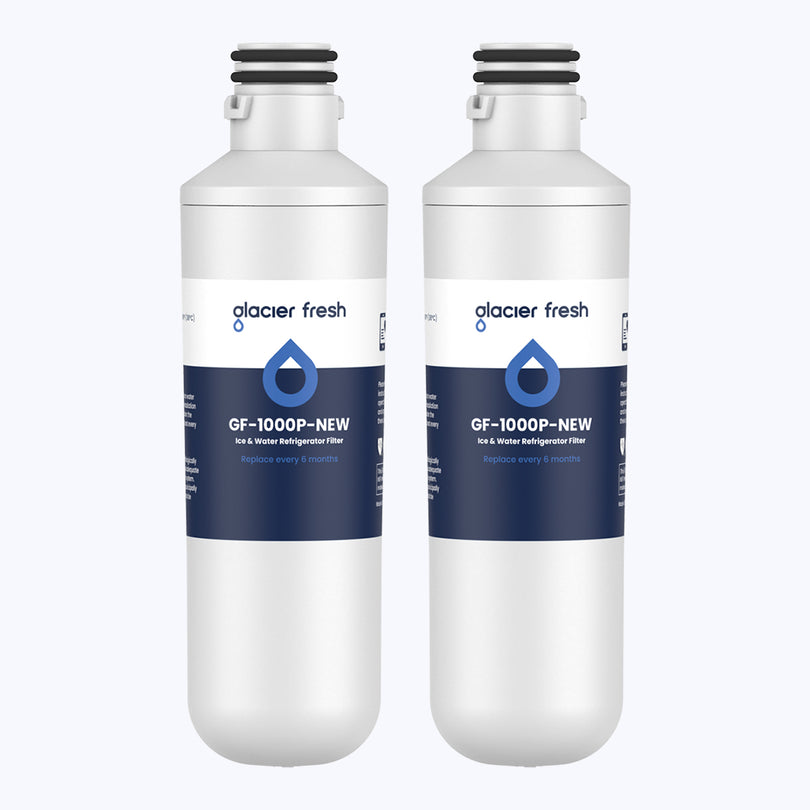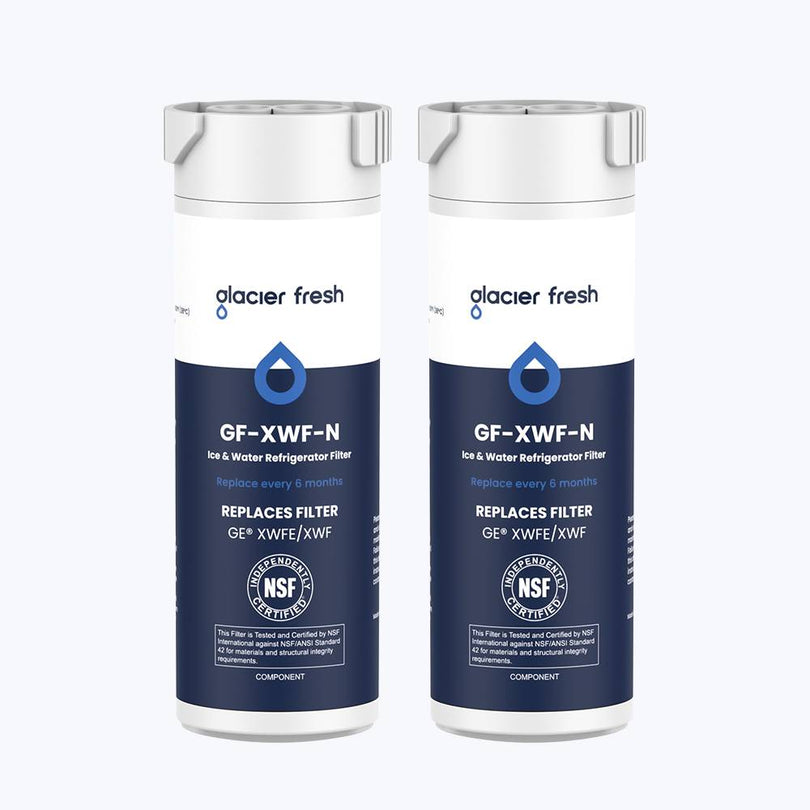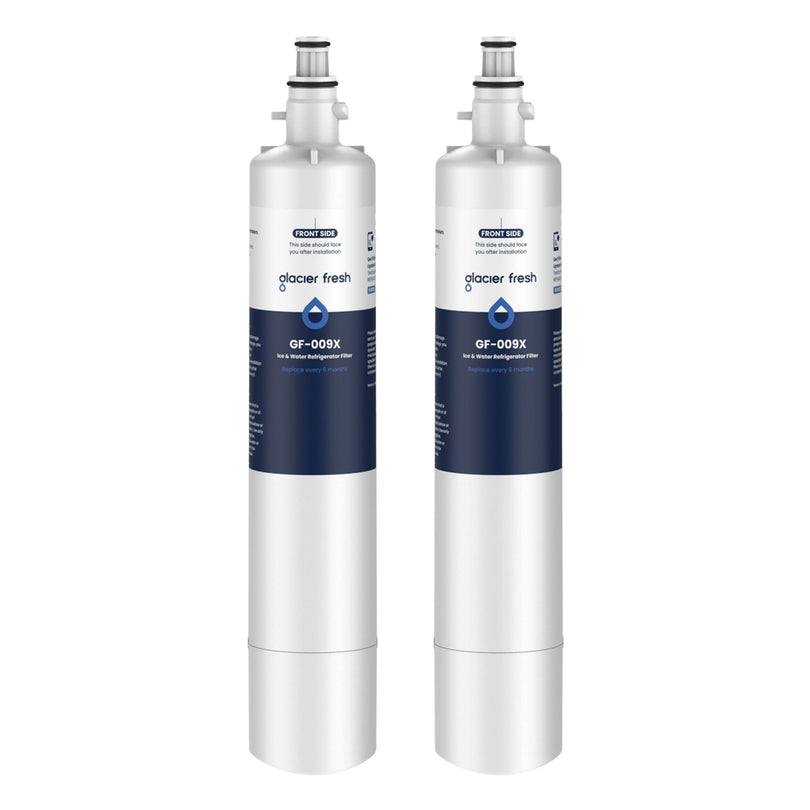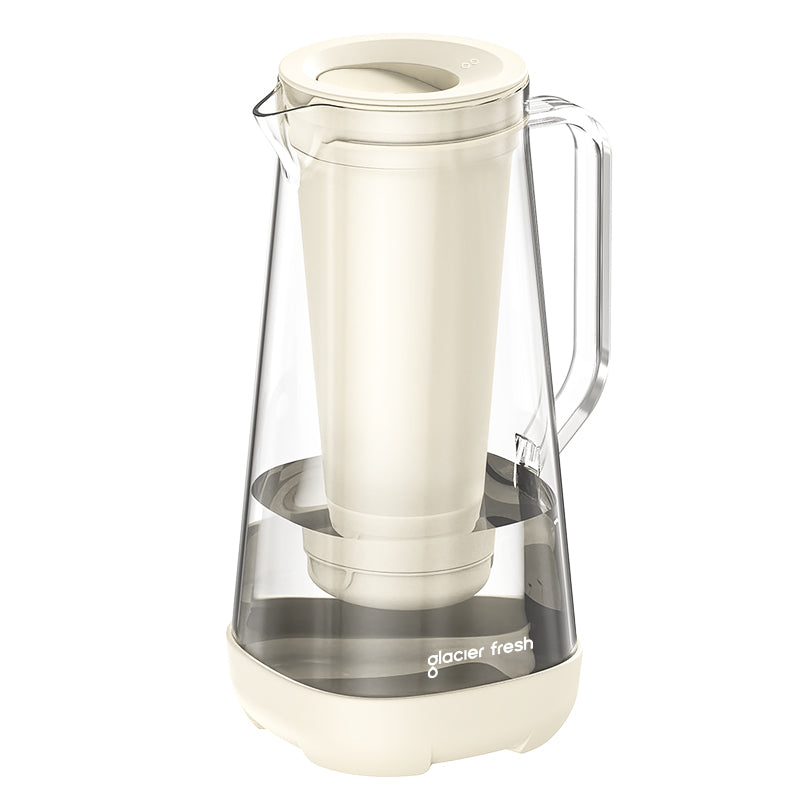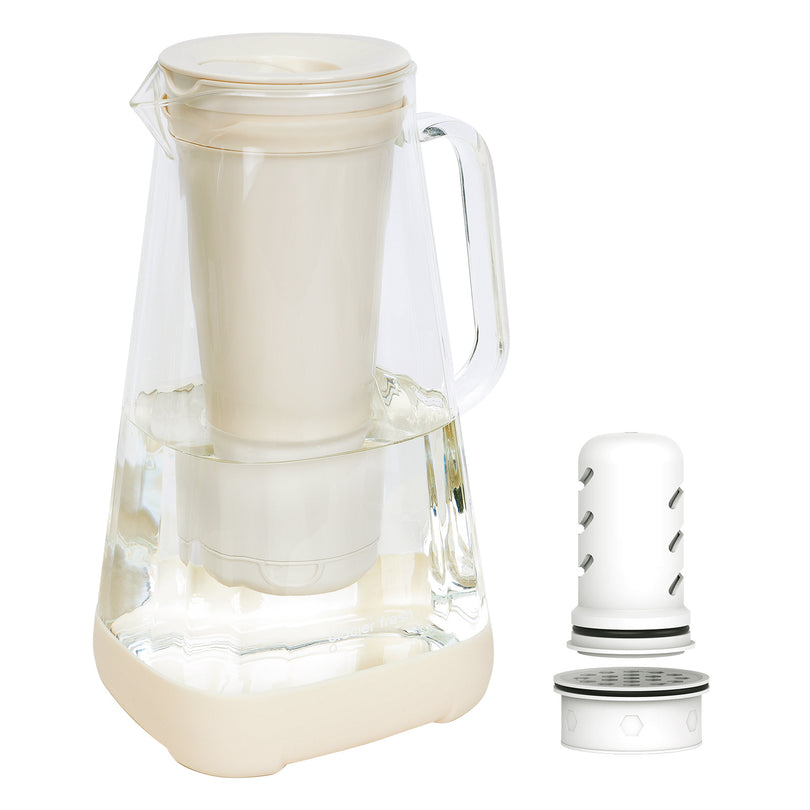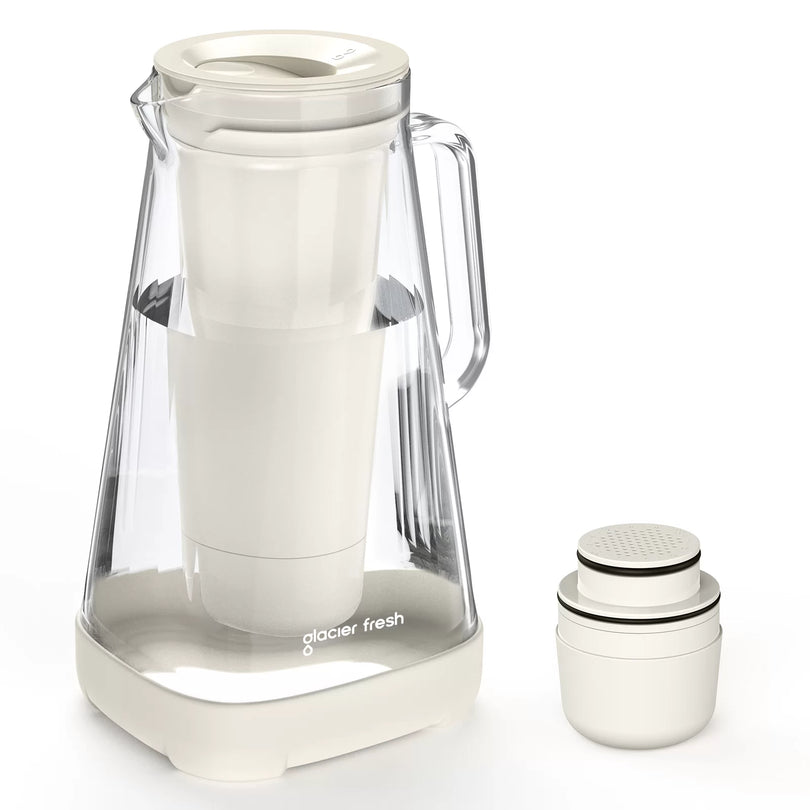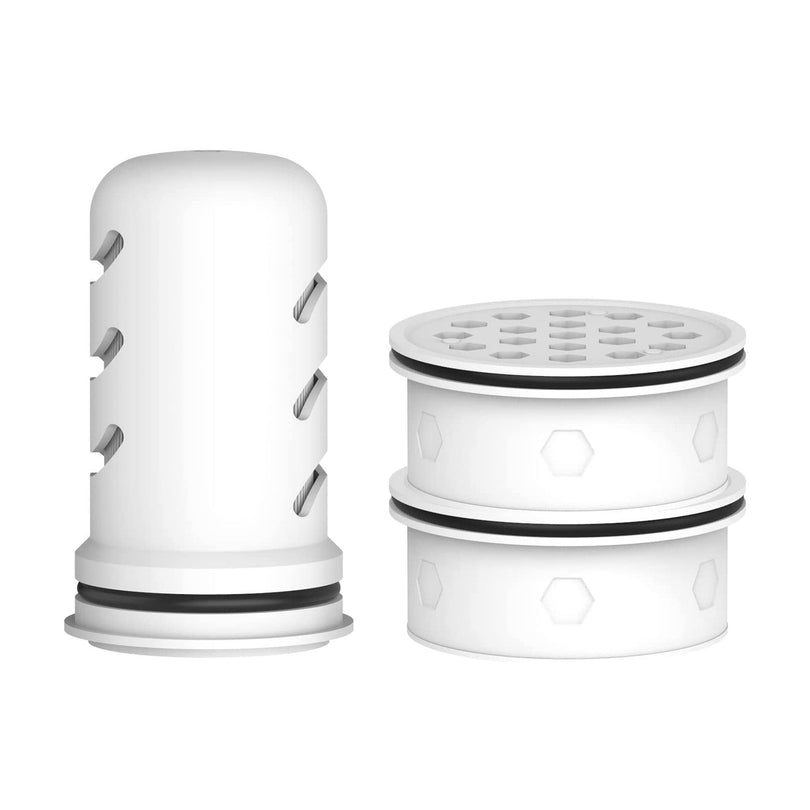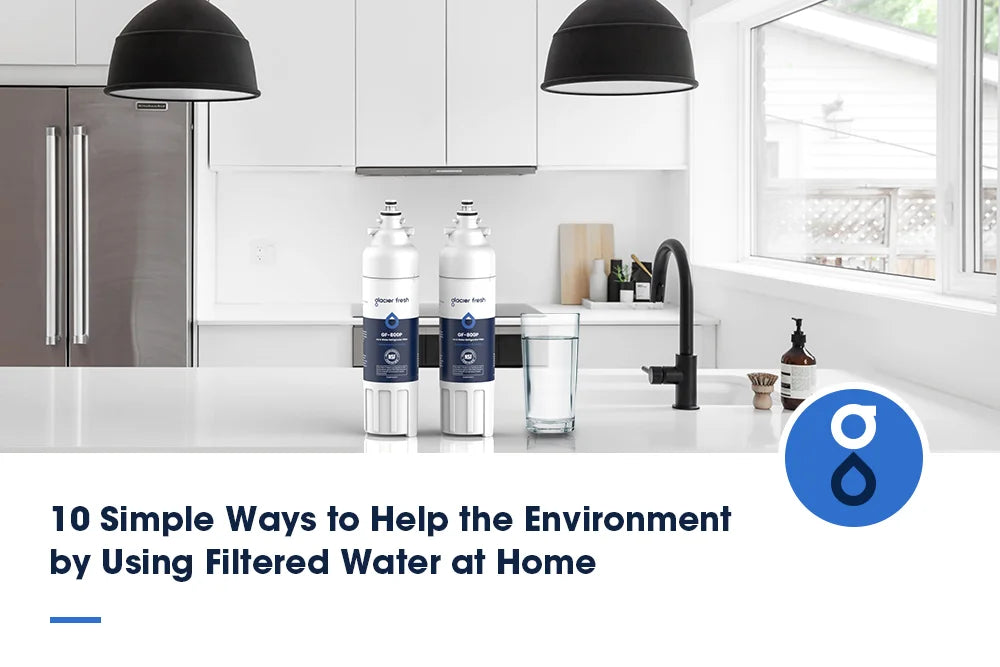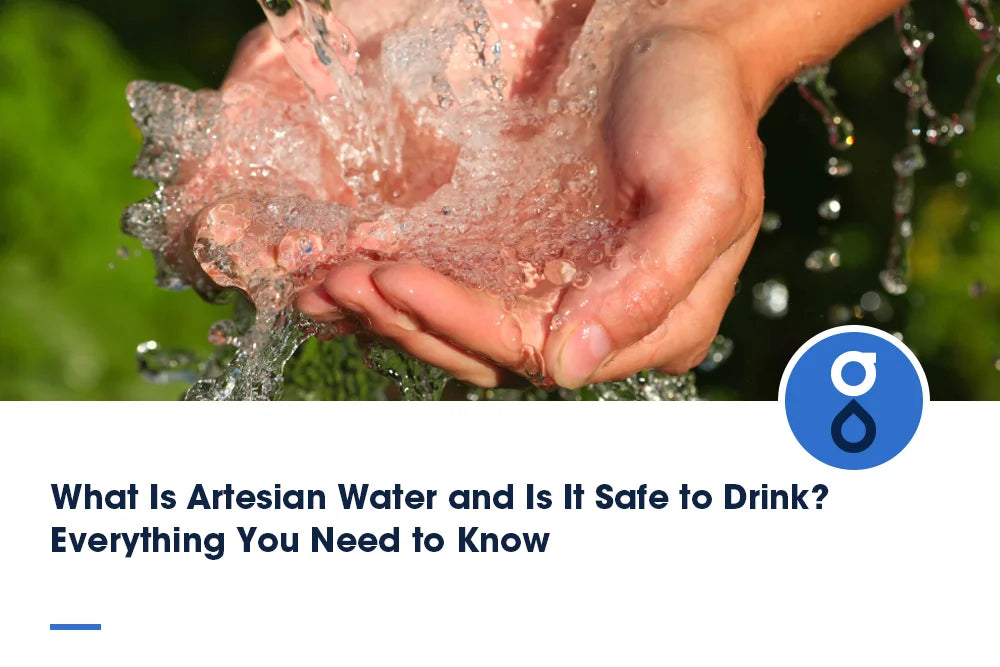Table of Contents:
Reduzieren Sie Plastikmüll durch die Verwendung von Mehrwegflaschen
Sparen Sie Energie, indem Sie die Produktion von Flaschenwasser vermeiden
Minimieren Sie die Mikroplastikverschmutzung
Verwenden Sie effiziente Filtersysteme, um Wasser zu sparen
Vermeiden Sie die schädlichen Chemikalien in der Verpackung von Wasserflaschen
Reduzieren Sie den CO2-Ausstoß durch weniger Lieferungen
Verwenden Sie gefiltertes Wasser für umweltfreundliche Reinigungslösungen
Unterstützen Sie lokale Bemühungen zum Wasserschutz
Verwenden Sie gefiltertes Wasser, um die Gesundheit von Garten und Pflanzen zu verbessern
Verlängern Sie die Lebensdauer von Geräten und reduzieren Sie Abfall
Abschluss
Ökologische Nachhaltigkeit ist heute wichtiger denn je. Vom Klimawandel bis zur Umweltverschmutzung steht unser Planet vor zahlreichen Herausforderungen, und jeder von uns trägt dazu bei, ihn zu schützen. Eine einfache Möglichkeit, etwas zu bewirken, ist die Umstellung auf gefiltertes Wasser zu Hause. Das kommt nicht nur Ihrer Gesundheit zugute, sondern bietet auch erhebliche Vorteile für die Umwelt. Hier sind 10 einfache Möglichkeiten, wie gefiltertes Wasser Ihnen helfen kann, Ihren ökologischen Fußabdruck zu reduzieren.
Reduzieren Sie Plastikmüll durch die Verwendung von Mehrwegflaschen

Einer der offensichtlichsten Umweltvorteile der Verwendung von gefiltertem Wasser zu Hause ist die Reduzierung von Plastikmüll. Jedes Jahr landen Millionen von Plastikflaschen auf Mülldeponien und in den Meeren, wo sie Hunderte von Jahren brauchen, um zu verrotten. Indem Sie eine wiederverwendbare Flasche mit gefiltertem Wasser füllen, können Sie auf Einwegplastik verzichten und so zu saubereren Land- und Wasserwegen beitragen. Selbst kleine Veränderungen wie diese machen mit der Zeit einen großen Unterschied.
Sparen Sie Energie, indem Sie die Produktion von Flaschenwasser vermeiden
Flaschenwasser verursacht Plastikmüll und ist in Produktion und Transport energieintensiv. Der Prozess umfasst die Gewinnung, Filterung, Abfüllung und Auslieferung des Wassers und erfordert viel Energie und Ressourcen. Indem Sie Ihr Wasser zu Hause filtern, unterbrechen Sie diesen verschwenderischen Kreislauf und reduzieren den Energiebedarf für die Flaschenwasserproduktion . Das ist eine Win-Win-Situation für die Umwelt und Ihre Energiekosten.
Minimieren Sie die Mikroplastikverschmutzung

Aktuelle Studien haben gezeigt, dass viele Flaschenwassermarken Mikroplastik enthalten – winzige Plastikpartikel, die das Wasser verunreinigen und die Umwelt schädigen. Dieses Mikroplastik gelangt in unsere Ökosysteme und schließlich in unsere Nahrungs- und Wasserversorgung. Durch die Verwendung von gefiltertem Wasser zu Hause können Sie die Mikroplastikverschmutzung vermeiden und gleichzeitig Ihre Gesundheit schützen.
Verwenden Sie effiziente Filtersysteme, um Wasser zu sparen
Nicht alle Wasserfiltersysteme sind hinsichtlich der Wassereinsparung gleich. Einige ältere Systeme verschwenden große Mengen Wasser, während neuere, umweltfreundliche Filtertechnologien darauf ausgelegt sind, Wasser zu sparen und dennoch eine hochwertige Filterung zu gewährleisten. Die Wahl eines effizienten Systems bedeutet, dass Sie insgesamt weniger Wasser verbrauchen und so diese wertvolle Ressource schonen. Achten Sie auf Filter mit minimalem Abwasserausstoß, um Ihre Einsparmaßnahmen zu maximieren.
Vermeiden Sie die schädlichen Chemikalien in der Verpackung von Wasserflaschen
Viele Plastikflaschen enthalten Chemikalien wie BPA (Bisphenol A) , die insbesondere bei Hitzeeinwirkung ins Wasser gelangen können. Zersetzen sich Plastikflaschen, stellen diese Chemikalien ein Gesundheitsrisiko dar und tragen zur Umweltverschmutzung bei. Indem Sie Ihr Wasser zu Hause filtern, reduzieren Sie die Belastung mit schädlichen Chemikalien und verhindern gleichzeitig, dass diese in die Umwelt gelangen.
Reduzieren Sie den CO2-Ausstoß durch weniger Lieferungen
Wenn Sie regelmäßig Wasser in Flaschen nach Hause geliefert bekommen, tragen Sie zu den CO2-Emissionen von Lieferwagen und Transportfahrzeugen bei. Diese Emissionen summieren sich und tragen zur Luftverschmutzung und zum Klimawandel bei. Der Umstieg auf gefiltertes Wasser bedeutet weniger Lieferungen, was wiederum den CO2-Fußabdruck reduziert, der mit dem Transport von Wasser in Flaschen verbunden ist. Außerdem sparen Sie Liefergebühren.
Verwenden Sie gefiltertes Wasser für umweltfreundliche Reinigungslösungen
Gefiltertes Wasser ist nicht nur zum Trinken geeignet – es ist auch eine hervorragende Basis für selbstgemachte Reinigungslösungen. Durch die Herstellung umweltfreundlicher Reinigungsprodukte können Sie die schädlichen Chemikalien herkömmlicher Reiniger vermeiden, die oft Wasserquellen verschmutzen. Mit gefiltertem Wasser können Sie effektive, ungiftige Reiniger für Ihr Zuhause herstellen, die sicher für die Umwelt und Ihre Familie sind.
Unterstützen Sie lokale Bemühungen zum Wasserschutz
Wenn Sie Wasser zu Hause filtern, reduzieren Sie die Notwendigkeit der Massenentnahme durch Flaschenwasserhersteller, die oft aus lokalen Quellen beziehen. Dadurch bleibt mehr Wasser für die lokalen Ökosysteme übrig und Sie tragen dazu bei, die lokale Wasserversorgung zu entlasten. In Gebieten mit Wasserknappheit zählt jeder Tropfen, und die Verwendung von gefiltertem Wasser zu Hause ist eine einfache Möglichkeit, diese wertvolle Ressource zu schonen.
Verwenden Sie gefiltertes Wasser, um die Gesundheit von Garten und Pflanzen zu verbessern

Auch Ihr Garten profitiert von gefiltertem Wasser ! Pflanzen reagieren empfindlich auf Chemikalien wie Chlor und Fluorid, die häufig im Leitungswasser enthalten sind. Die Verwendung von gefiltertem Wasser reduziert die Belastung Ihrer Pflanzen mit diesen Chemikalien, fördert ein gesünderes Wachstum und verringert das Risiko einer Bodenverunreinigung. Darüber hinaus verhindert gefiltertes Wasser, dass schädliches Abwasser in die örtlichen Gewässer gelangt, und trägt so zum Schutz der umliegenden Wasserökosysteme bei.
Verlängern Sie die Lebensdauer von Geräten und reduzieren Sie Abfall
Gefiltertes Wasser verlängert die Lebensdauer von Haushaltsgeräten wie Geschirrspülern, Kaffeemaschinen und Warmwasserbereitern. Leitungswasser enthält oft Mineralien, die sich mit der Zeit ablagern, die Effizienz dieser Geräte verringern und häufige Reparaturen oder den Austausch erforderlich machen. Die Verwendung von gefiltertem Wasser reduziert die Mineralablagerung, wodurch Ihre Geräte länger halten und Sie weniger neue Geräte benötigen. Dies reduziert Produktionsabfälle und die Umweltbelastung durch die Entsorgung alter Geräte.
Abschluss
Die Umstellung auf gefiltertes Wasser zu Hause ist eine einfache und wirkungsvolle Möglichkeit, die Umwelt zu schonen. Von der Reduzierung von Plastikmüll bis hin zur Einsparung von Energie und Wasser – die Vorteile gehen weit über sauberes Trinkwasser hinaus. Sie können Ihre Umweltbelastung deutlich reduzieren, indem Sie kleine Veränderungen vornehmen, wie z. B. die Verwendung von Mehrwegflaschen, die Förderung des Wassersparens und die Verbesserung der Effizienz von Haushaltsgeräten. Warum also nicht noch heute umsteigen? Ihre Gesundheit, Ihr Zuhause und der Planet werden es Ihnen danken. Besuchen Sie Glacier Fresh, um weitere Wasserfilterlösungen zu entdecken.

